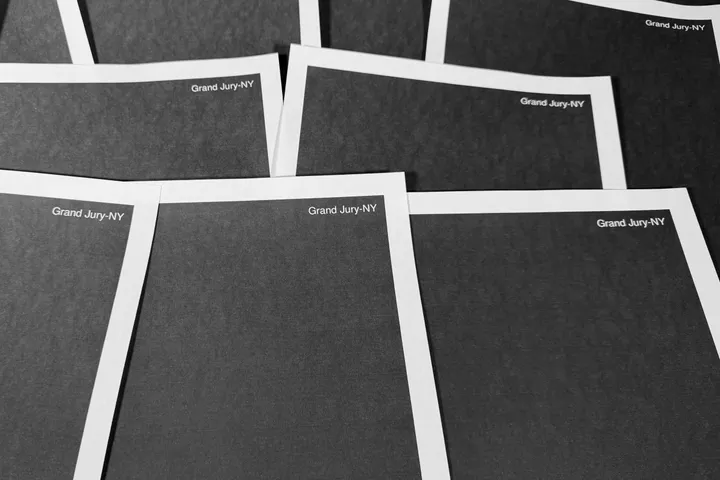A fresh set of national security regulations is coming into force in Hong Kong after lawmakers unanimously approved a new law.
The fast-tracked legislation — commonly referred to as Article 23, after a section of the city's mini-constitution — is the Chinese finance hub's second national security law.
The first, imposed by Beijing in 2020 following the quashing of citywide pro-democracy protests, has seen nearly 300 people arrested, civil society groups pressured to disband, and dozens of politicians, activists and other public figures jailed or forced into exile.
Officials say the new legislation approved Tuesday fulfils a "constitutional duty," but its broadly defined provisions have drawn condemnation from Western countries, including Britain which had urged Hong Kong to "reconsider" the law.
Here's what you need to know:
What are the offences and penalties?
The new law targets five types of crimes: treason, insurrection, sabotage endangering national security, external interference, and espionage and theft of state secrets.
Treason, insurrection, and sabotage in collusion with external forces are punishable by up to life imprisonment, while espionage and acts of sabotage such as cyberattacks carry jail terms of up to 20 years.
Working with "external forces" — a broad category that includes governments, foreign businesses and international organisations — in the commission of an offence could add two to three years.
The law also expands an existing sedition offence to include inciting hatred against China's Communist Party leadership and ups the maximum penalty to 10 years' imprisonment.
The British-colonial-era offence has been dusted off in recent years to prosecute act s of political protest.
To account for "unforeseen circumstances", Hong Kong's leader and his cabinet are also empowered to create new offences punishable by up to seven years in jail.
The new law will work in tandem with the 2020 one, which covers secession, subversion, terrorism and collusion with foreign forces.
How will law enforcement change?
Under the new law, police can detain suspects for up to 16 days before charging them — up from the current max of 48 hours.
Police can also bar suspects from meeting lawyers and restrict their movements and communications for months if they are granted bail.
Some pre-trial procedures can also be cut to speed up the case.
That means suspects "face a more restrictive set of procedures," said legal scholar Simon Young of the University of Hong Kong.
The law can also be applied to acts committed outside the city by both residents and businesses — something seen in the government's pursuit of overseas pro-democracy activists as "anti-China elements."
Those activists can also be subjected to punitive measures like the cancellation of their passport, while anyone who finances them, including their parents, risk jail.
What does 'state secret' mean?
The law prohibits the unlawful "acquisition, possession, and disclosure" of "state secrets" touching on a wide range of subjects — from policy decisions and national defence, to economic and technological development to diplomacy and relations between the Hong Kong and Beijing governments.
However, the term "secret" itself is not clearly defined, raising fears that legitimate activities like journalism, corporate research and investor due diligence could result in prosecution.
On the mainland, China's own national security laws have seen it raid the offices of international consultancies and due diligence firms, arresting several employees at one firm. A new law expanding the mainland's definition of espionage also went into effect last year.
Under the Hong Kong law, a person accused in court of disclosing state secrets can argue that the public interest "manifestly outweighs" keeping it under wraps.
"How courts will interpret the extent to which disclosure 'manifestly outweighs' non-disclosure remains to be seen," said John Burns, a political scientist at the University of Hong Kong.
Sarah Brooks of Amnesty International said the law would import "mainland Chinese legal concepts of 'national security' and 'state secrets' directly into Hong Kong law in a way that is deeply disturbing for the city's future."
What's next?
The business community's faith in Hong Kong's common law system has long buttressed the city's status as a finance hub and gateway to mainland China.
But the new law would have "dramatic" impacts, said legal scholar Michael Davis.
It takes the existing Beijing-imposed law "to a much higher level by... fully embracing the mainland system," he said, calling it a transition from "a liberal constitutional order to a repressive national security regime."
Experts warn that investors and NGOs will be spooked, while two professional journalism bodies have voiced concerns about press freedom impacts.
City leader John Lee has said passing Article 23 will allow the government to focus on "improving the economy."
























